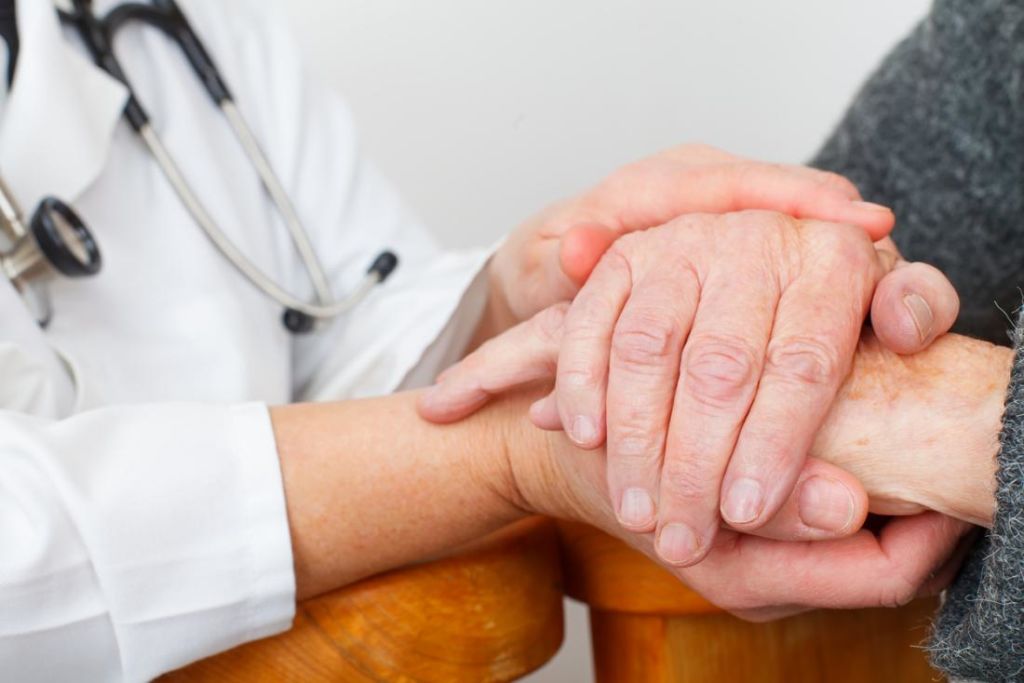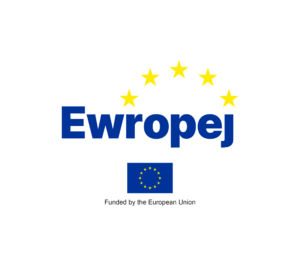WATCH: Leading Women In Malta Reflect On Women’s Role In Tackling COVID-19

Women have been at the forefront of the fight against the pandemic. This bold, yet true statement was the running theme throughout the European Parliament in Malta’s event celebrating women in Malta and Gozo from all sectors and walks of life.
Ahead of International Women’s Day on 8th March, two panels of women representing health, medicine, law, business, sports, philanthropy and inclusivity have come together to discuss key topics.
“To mark this year’s International Women’s Day on the 8th March, the European Parliament is underlining the crucial role of women during the [COVID-19] crisis”, Mario Sammut, head of the European Parliament in Malta, stated as he opened the forum.
The discussion was headlined by two of Malta’s female MEPs; Roberta Metsola, who is also the current Vice-President of the European Parliament and Josianne Cutajar, Malta’s youngest elected MEP.
In her headline statements, Metsola reflected on the fact that “not so long ago, the idea of a Maltese woman being elected to the European Parliament seemed unachievable”.
Yet, “what was once the exception, I would like to say has become the rule”.
Overall, Metsola believes strongly that women in every sector had “truly changed the world”, yet that fact is not stated enough – especially in the pandemic.
Rather, Metsola lamented that women have faced a rise in domestic violence due to COVID-19, forced into lockdowns with their abusers. She also noted that online, image-based sexual abuse and revenge pornography had increased this past year.

First elected in 2013, Metsola is Malta's First Vice-President of the European Parliament
“This pandemic has exposed and amplified pre-existing inequalities and vulnerabilities”, Metsola explained. “It has not been a great equaliser. Rather, with many women, it has meant the impossible tasks of acting concurrently as full-time carers and full-time workers.”
When it comes to women in politics, Malta has a long way to go. Being in politics is a difficult job yet being a woman in politics does not make it any easier. Rather, Metsola notes that “no matter the number of votes [women] get, we still need to prove – every day – that we are capable of the position, that we can do the job as well and sometimes better than many men would.”
Less than 80 women have contested in general elections since women got the vote in Malta – this compares to over 1000 men.
In her own headline statements, Josianne Cutajar stated that when the pandemic started, “no one could foresee the massive effects it would have on our society”.
Cutajar noted that over the past year, the leading role of women in tackling the pandemic had not been recognised because “we have been effective throughout the pandemic, but rather because our work has continued despite the hardships”.
Standing in agreement with Metsola, Cutajar declared that Malta’s political parties must do more to promote women contesting for elections.
“We need to do more to see more women in politics, especially at the local level like the National Parliament.”
The Impact of COVID-19 on Key Sectors

Every sector from business to medicine to the arts have been gravely affected by COVID-19
Of note, the first panel highlighted the effects that COVID-19 has had on key sectors, yet also on how women have responded to this crisis.
Prof. Natasha Azzopardi Muscat, a public health expert, medical doctor and currently the head of the country’s health policies and systems at the WHO, stated that she believes the world will never go back to how it was pre-COVID-19.
Rather, Prof. Azzopardi Muscat notes that the pandemic “has been a watershed moment for all of us. Both individually but also hopefully far more in the way in which we organise our economies and societies.”
There have also been many unsung heroes throughout the pandemic, and whilst medical workers overall definitely need to be hailed for their tireless work – it cannot be denied that women, in general, have been crucial in the response.
Prof. Azzopardi Muscat noted that “where women have wielded power and influence, the COVID-19 response in those countries has been significantly better.” This is due to the fact that in these countries, women and men have worked together, bringing “the full package.”
As such, these key places have “understood the key to economic recovery and protecting our economy is dealing with the pandemic as best as possible.”
Another of the women who have made strides throughout the pandemic has been Rebecca Caruana, a Maltese medical student, who helped co-Author an international e-book to provide all the important information one may have regarding COVID-19.
Among the other panellists was Dr Lara Dimitrijevic, a leading women’s rights group activist and founder of the Women’s Rights Foundation. Dr Dimitrijevic is considered to be a prime mover on the topic of the Morning After Pill and now is a leading voice in the debate for abortion.
Dr Dimitrijevic highlighted the worrying trends of domestic violence, abuse and mental health issues women have faced in light of the pandemic.
“COVID-19 has shown us how bad the situation is and how much we need to work towards it.” She went on to state that misogyny is greatly ingrained within our society.
You can go way back to Ancient Greece, or even further back to the story of Adam and Eve – and it is still present.
On the other hand, Mariella Camilleri, President of BPW Valletta Malta, reflected on the importance that “we listen to and talk to women who are in the business and professional world.”
This comes as BPW International has been striving to empower women for the past 100 years.
Echoing similar statements of her fellow panellists, Camilleri noted that there is no denying that COVID-19 “has hit everybody, there is no one who has been spared by it.”
Over the pandemic, BPW has remained steadfast in its support of its members. Yet, Camilleri highlighted the fact that over the course of lockdowns and restrictions, women became multi-taskers – having the balance of working from home, taking care of their children and keeping their jobs in uncertain times.
Individual Initiatives By Women In COVID-19

Maja Theuma has been hailed a role model for those who wish to strive no matter their physical condition
The second panel highlighted the deeds of women who had strived for efforts in philanthropy, sports, inclusivity and civil service throughout the pandemic.
It highlighted the efforts of Maja Theuma, a 20-year-old Paralympic swimmer and role model. Though she is currently unable to participate in competitions, she remains passionate and dedicated to taking part in the Paralympics 2021.
Even as lockdowns made gyms and training areas close, Theuma adapted to the situation and maintain her rigorous training regime.
Another young woman who strives for inclusivity is Melissa Aquilina. Despite only being 17 years old, Aquilina has already made waves for gaining representation for deaf communities in Malta and across the EU.
Partnering with the Deaf People Association Malta, she has helped allow the Association to create opportunities for deaf, young people to make strides towards a more inclusive society.
She also desires to one day become Malta’s first female deaf politician!
Tackling the worst of the pandemic, entrepreneur Dana Carmont strove to support women throughout the campaign. Carmont has made it one of her life missions to connect women and help provide for them.
As such, her ‘Essential Handbag’ campaign has encouraged other women in small business to donate handbags filled with essential supplies – from sanitiser to sanitary pads – for women who are struggling in the pandemic.
In the same vein, Dr Flavia Zimmermann – a well-known philanthropist and President of EURHED – similarly focused on supporting marginalised people in the challenges the pandemic has posed to people.
Zimmermann highlighted especially the importance of supporting NGOs in these difficult times, as they have seen rises in the demand for their services whilst also great decreases in the amount of funding and donations they are receiving.
With International Women’s Day just around the corner, it is only made further clear just how important women have been in the pandemic.

Not only have they been at the forefront of it, yet in many cases, they have been the most at risk in combatting COVID-19 when it comes to frontline workers.
Though Malta and the world as a whole have made strides, there is still a lot of work to do in this field.
From tackling the pay gap to stopping domestic violence towards women – it is in these coming years that we have the chance to fully create an equal world for everyone.

This article is part of a content series called Ewropej. This is a multi-newsroom initiative part-funded by the European Parliament to bring the work of the EP closer to the citizens of Malta and keep them informed about matters that affect their daily lives. This article reflects only the author’s view. The European Parliament is not responsible for any use that may be made of the information it contains.
Share this story with your friends
